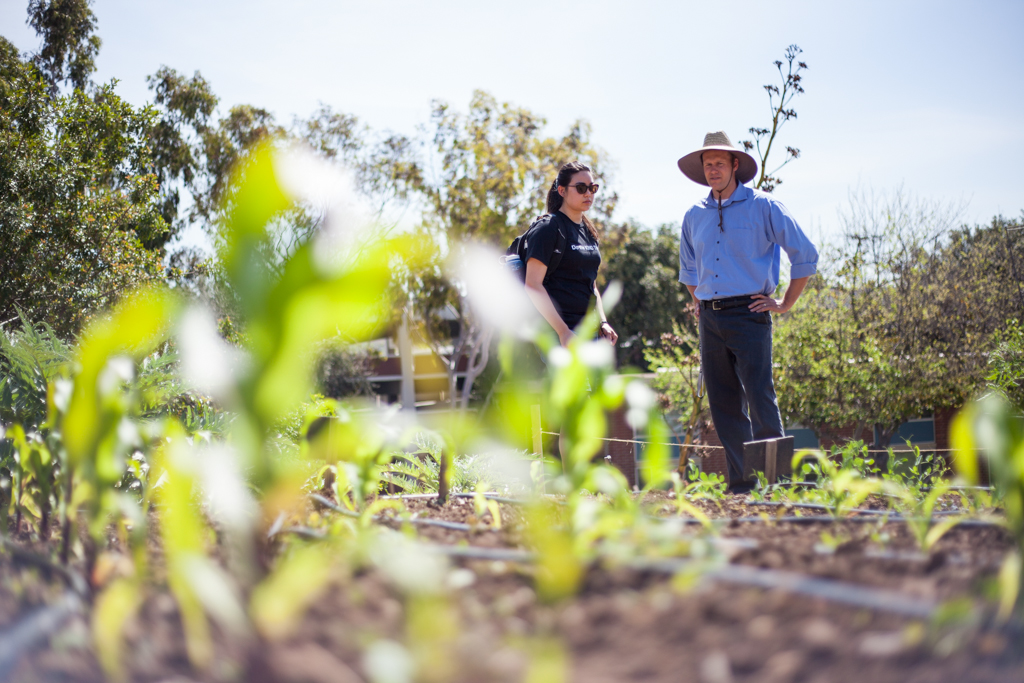
Society seems to dictate that growing up in a white, evangelical, middle-class, right-leaning context — for some reason — puts me at odds with caring for God’s creation. This should never be the case. Caring for the environment should never be a political, bumper-sticker issue. Rather, it is an issue of worship and respect for what belongs to God.
Life after the fall
Our perpetual disrespect for animals, plants and our entire environment stems from humankind’s sin in the Garden of Eden. In Genesis 2:15 — before the fall in chapter 3 — we were charged to work the earth and watch over it. It was not part of God’s curse. Adam and Eve’s sin tainted a job that could have been carried out with ease in paradise and God curses the ground on account of it. Pain and sweat of the brow become hallmarks of man’s new involvement with the creation. Despite this fallen state, we are still responsible to tend to the earth.
Our worship in the world
As the earth and church long for final redemption, the removal of plague and the end of sin, we have a responsibility before God to worshipfully care for his earth. When we understand that “the earth is the Lord’s and the fullness thereof,” we are on the right path to recognizing our place in stewarding God’s creation.
When we recognize God’s place as the creator of all, we begin to understand our position as his followers — as mere tenants in his world. As leaseholders on earth, we are expected to tend to the earth well, not merely as our duty, but with delight and as our act of worship.
Ways to worship
It is one thing to say we care for God’s creation, but something completely different to actively take steps to safeguard and maintain his handiwork. If we are not actively pursuing ways to clean, upkeep or responsibly enjoy God’s creation, we are missing opportunities to worship him.
I understand taking extra steps and being more aware of our treatment of the world can be wearisome. However, it should be our delight to honor God’s craftsmanship by not trashing what he has graciously entrusted to us.
Practical examples
Over the past several months, I have altered my routines to be more mindful about my use of resources and the effect it has on the environment. Below are a few examples.
First, I have started using ethanol fuel instead of normal gasoline. E85, the type of fuel, may take down the MPG, but it burns cleaner and is cheaper. Plus, it is available just down the street from Biola. Before you start doing this, be sure your vehicle can run on ethanol.
Next, I have been taking into account how much water I use. Did you know that we are currently in a drought in California? Be mindful about taking shorter showers. Turn off the water when you brush your teeth and be careful not to flush your toilet more than necessary. On a side-note, why does Biola not have waterless urinals in any of their buildings?
Finally, know what is recyclable and what is trash. All around campus, we see recycle and trash cans standing side by side. Take the extra 30 seconds to differentiate what goes into which can.
There are many other opportunities, keep an eye out for them.
May our mind be the same as David’s in 1 Chronicles 29:11: “‘Yours, O Lord, is the greatness and the power and the glory and the victory and the majesty, for all that is in the heavens and in the earth is yours.’”







